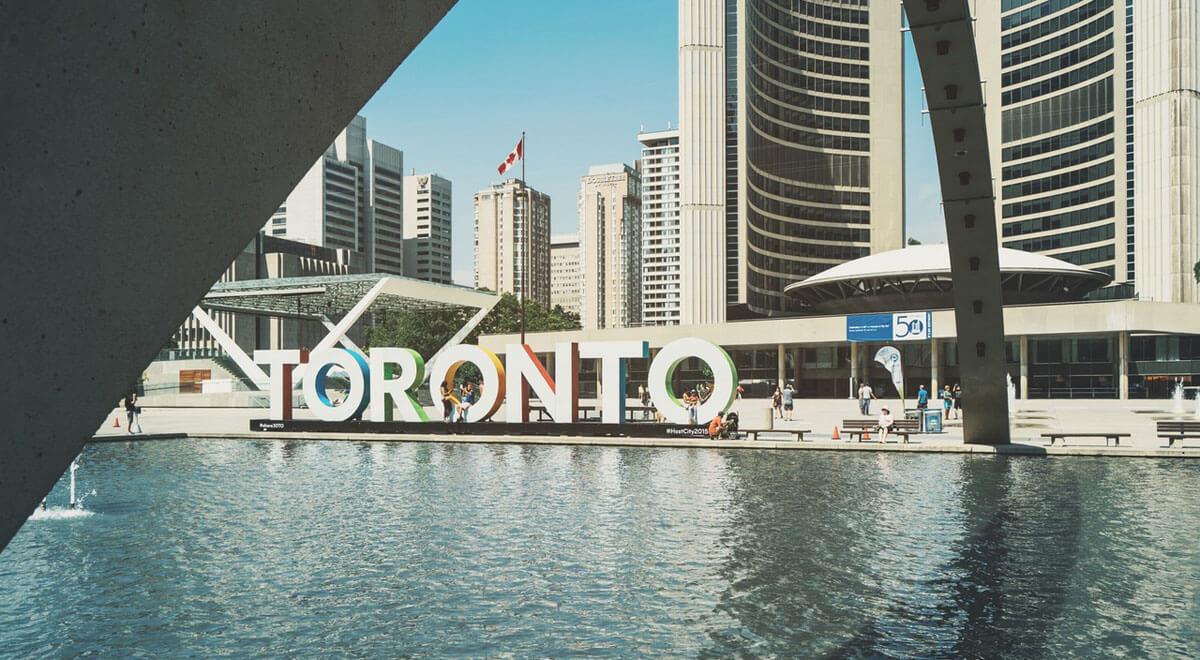Is Toronto real estate really in a bubble?
Real estate forecasting is tricky. But with one forecast calling for a Toronto housing bubble, and another for a stable correction, who to believe?
Advertisement
Real estate forecasting is tricky. But with one forecast calling for a Toronto housing bubble, and another for a stable correction, who to believe?
 If you live in Toronto you realize you’re in the center of the Canadian real estate universe these days. While the last few months have seen Vancouver housing sales decrease and prices stabilize, Toronto’s real estate market has been catching fire. And of course, economists and bond rating agencies have noticed, too.
Just this week Douglas Porter, chief economist at BMO Capital Markets wrote in a commentary, “The Toronto market—and the many cities around it—are in a bubble,” meaning prices are becoming dangerously detached from good financial and economic fundamentals, mainly because people in Toronto believe there is so much demand that it will cause prices to keep rising strongly, thus encouraging more people to buy—and adding fuel to the growing bubble.
The facts appear strong. Prices in Greater Toronto have risen 22.6% in January from a year ago. And while price increases across Canada are expected to slow this year because of tighter restrictions from new federal home financing rules that aim to make it harder to get a mortgage, BMO’s Porter believes that Toronto and any city that is within commuting distance is in a dangerously overheated housing market.
But to temper the “bubble” prediction, you need only to read the FitchRatings 2017 Global Housing and Mortgage Outlook, which also came out this week. Here’s what it says about Vancouver, Toronto and the Canadian housing market in general:
If you live in Toronto you realize you’re in the center of the Canadian real estate universe these days. While the last few months have seen Vancouver housing sales decrease and prices stabilize, Toronto’s real estate market has been catching fire. And of course, economists and bond rating agencies have noticed, too.
Just this week Douglas Porter, chief economist at BMO Capital Markets wrote in a commentary, “The Toronto market—and the many cities around it—are in a bubble,” meaning prices are becoming dangerously detached from good financial and economic fundamentals, mainly because people in Toronto believe there is so much demand that it will cause prices to keep rising strongly, thus encouraging more people to buy—and adding fuel to the growing bubble.
The facts appear strong. Prices in Greater Toronto have risen 22.6% in January from a year ago. And while price increases across Canada are expected to slow this year because of tighter restrictions from new federal home financing rules that aim to make it harder to get a mortgage, BMO’s Porter believes that Toronto and any city that is within commuting distance is in a dangerously overheated housing market.
But to temper the “bubble” prediction, you need only to read the FitchRatings 2017 Global Housing and Mortgage Outlook, which also came out this week. Here’s what it says about Vancouver, Toronto and the Canadian housing market in general:
Share this article Share on Facebook Share on Twitter Share on Linkedin Share on Reddit Share on Email